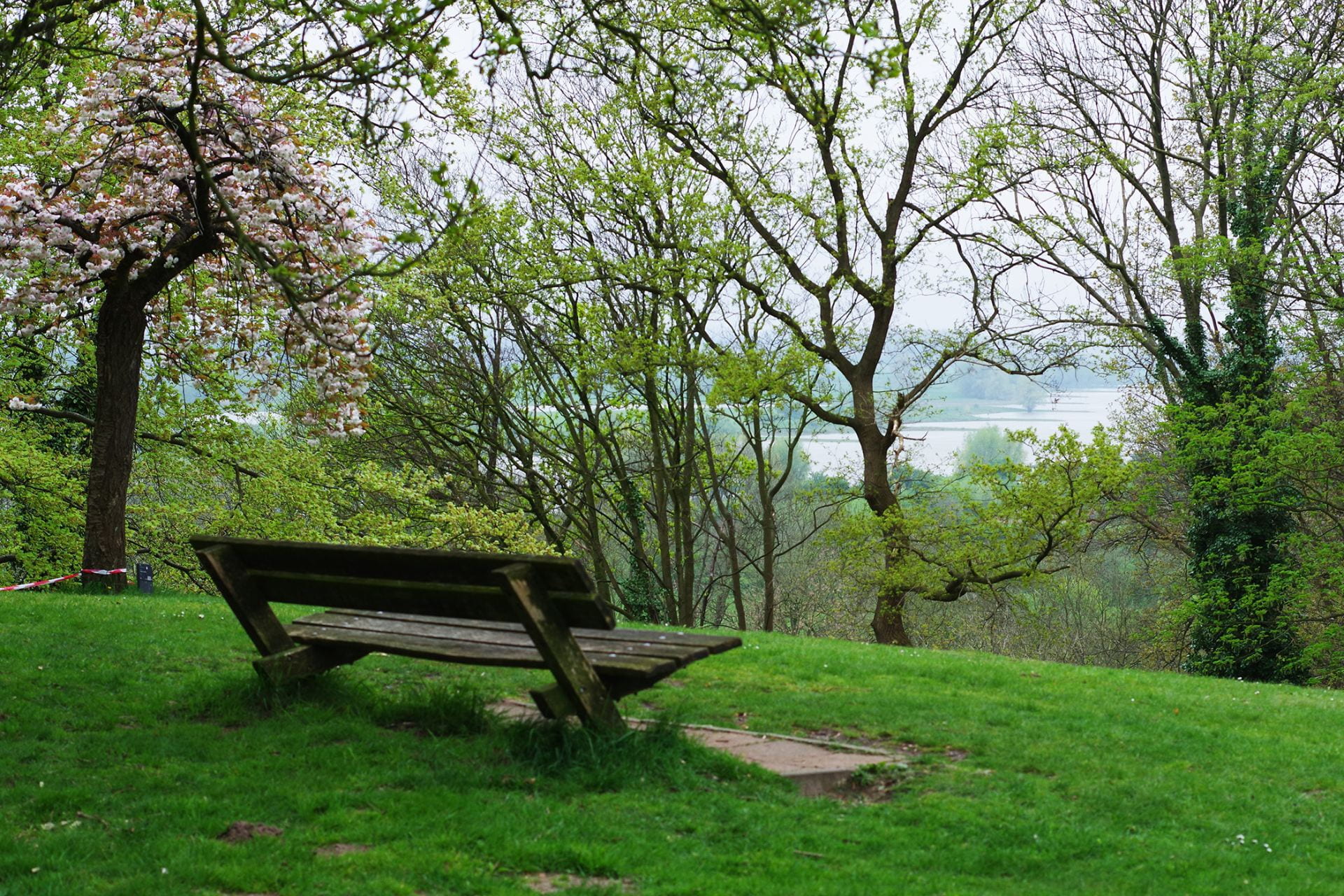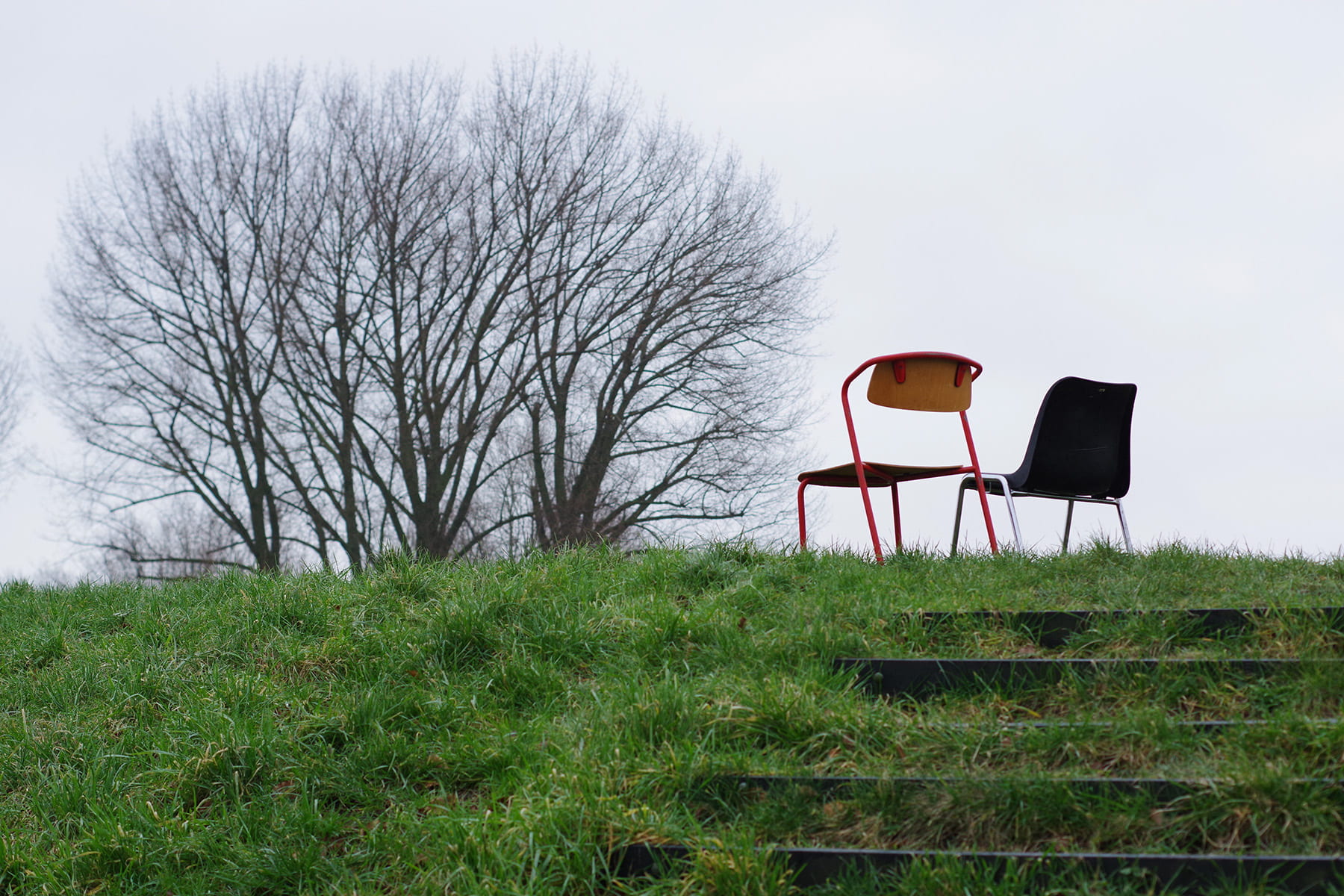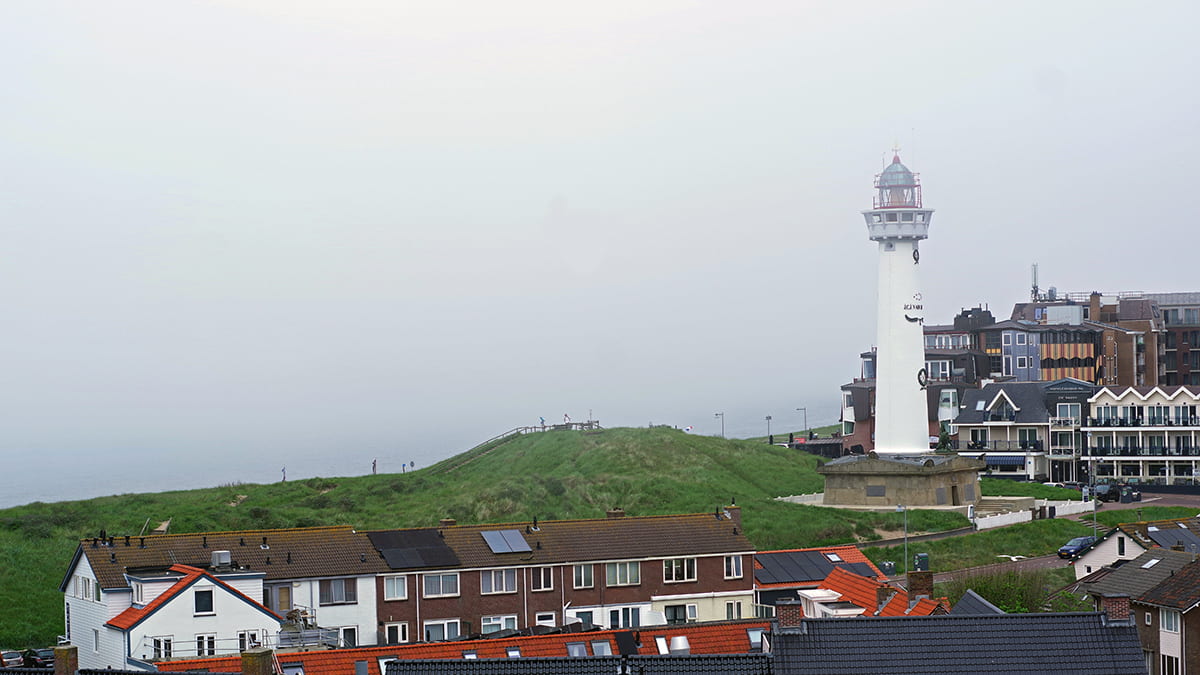
`Transformative learning´ is a recurrent theme in my conversations on education these days. Many of us will remember a certain point in time when in a very short amount of time- sometimes in a few weeks or months, sometimes literally an “a-ha” moment- the way you look at something shifts radically. I can think of a number for myself: for example a few years ago I took part in an intensive 2-day `sandpit´ workshop on interdisciplinary work in circular farming. Suddenly I was forced to look at the issues surrounding circular farming not just from a farm animal welfare point of view- my own discipline- but from the vantage point of food safety, food justice, biodiversity, and agricultural law. This experience had a lasting impression on my career trajectory, and on the way I view the necessity of interdisciplinary work- so much so that I co-authored a publication on the “meta” experience surrounding this interdisciplinary work (Lerner et al., 2024).
As much as I feel the impact of this transformation, I find myself a bit unsure when confronted with educational projects and literature with transformative learning as a goal in itself, as it frequently is. Transformative learning as a concept is generally credited to Jack Mezirow (Mezirow, 1991) and expressed as a possible outcome to a “disorienting experience” which can cause a shift in the way a person views the world (Vipler et al., 2021). This is often expressed as something that is missing from or not present enough in education for health professionals (Frenk et al., 2010) and something we should work to promote in health education (Hart et al., 2025).
My uncertainty about transformative learning as a goal, is the question of transforming into what? Promoting transformation for the sake of transformation reminds me a bit of organizations who sometimes seem to reorganize for the sake of reorganization.
Without some directionality, what does transformative learning bring to health education?
I´ll be exploring this further in the coming weeks, and am hoping that I find my own transformative learning in looking at transformative learning.

Frenk, J., Chen, L., Bhutta, Z. A., Cohen, J., Crisp, N., Evans, T., Fineberg, H., Garcia, P., Ke, Y., Kelley, P., Kistnasamy, B., Meleis, A., Naylor, D., Pablos-Mendez, A., Reddy, S., Scrimshaw, S., Sepulveda, J., Serwadda, D., & Zurayk, H. (2010). Health professionals for a new century: Transforming education to strengthen health systems in an interdependent world. The Lancet, 376(9756), 1923–1958. https://doi.org/10.1016/S0140-6736(10)61854-5
Hart, E. J., de Heer-Koster, M. H., van der Harst, M., Browne, J. L., & Scheele, F. (2025). Key tips to shift student perspectives through transformative learning in medical education. BMC Medical Education, 25(1), 202. https://doi.org/10.1186/s12909-025-06754-2
Lerner, H., Nordquist, R., Lederman, Z., Keyel, J., Nickel, P., & Berg, C. (2024). Ethics, One Health approaches, and SDGs: Conference lessons for an emerging field. FRONTIERS IN PUBLIC HEALTH, 12. https://doi.org/10.3389/fpubh.2024.1448409
Mezirow, J. (1991). Transformative dimensions of adult learning (1st ed, Vol. 1–1 online resource (xix, 247 pages) : illustrations). Jossey-Bass. http://books.google.com/books?id=4xmfAAAAMAAJ
Vipler, B., Knehans, A., Rausa, D., Haidet, P., & McCall-Hosenfeld, J. (2021). Transformative Learning in Graduate Medical Education: A Scoping Review. Journal of Graduate Medical Education, 13(6), 801–814. https://doi.org/10.4300/JGME-D-21-00065.1
Cite as: Nordquist, R. (2025). TRANSFORMING INTO… WHAT?. Zenodo. https://doi.org/10.5281/zenodo.15063329












